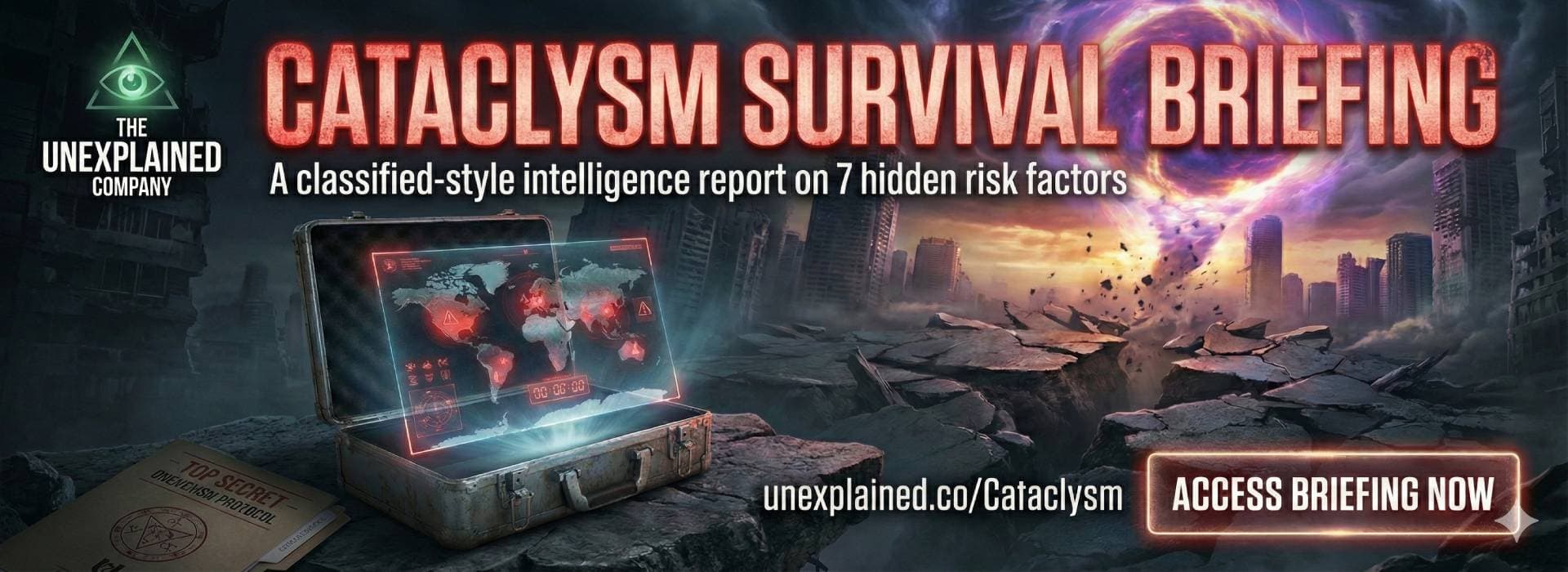Imagine waking up to a world in silence—not the calm before the storm, but the digital emptiness after a blackout. It’s not a bomb that dims the lights, but modern sabotage: a grid failure in the age of energy wars and AI—a scenario alarmingly close to reality for anxious Europeans. As alliances fray and threats multiply, blackouts emerge as a new shock-and-awe proxy for conflicts simmering beneath the polite veneer of international order.
Headlines validate this anxiety. In 2025 alone, Spain, Portugal, and parts of France experienced hours of darkness, according to the World Economic Forum’s overview. The pressing question wasn’t merely how these failures occurred—but who might exploit the vulnerabilities of a continent once viewed as stable.
Energy Wars and the Fraying of Old Alliances
The devastation from grid failure cuts deeper than mere inconvenience; it reveals a web of energy dependencies ripe for exploitation. Russian pressure on European gas and power infrastructure, as detailed in this report on the new energy war, poses chilling questions about resilience and retaliation. American think-tanks, like those in this analysis of Western energy pivots, warn that controlling energy can wield power as significant as military might. As Europe tries to sever ties with old pipelines, new vulnerabilities arise—putting the fate of millions just one cyberattack, price shock, or sabotage away from literal darkness.
These developments echo hidden conflicts simmering beneath the surface—much like the ghostly threats chronicled in accounts of sudden mysteries and secret tunnels hinting at unknown forces. The parallel resonates with those who see sabotage not just in military action but through digital means.
AI Battlegrounds: Algorithms, Espionage, and Silent Wars
If the 20th century’s arms race focused on hardware and manpower, today’s battleground is about codes and circuits. The rise of AI as a quiet combatant—through extraction, jamming, and prediction—redefines warfare, transforming everyday digital systems into potential weapons. As Europe grapples with AI-enabled hacking, hostile algorithms, and data sabotage, the term “cyberwarfare” takes on a chilling new meaning. Wikipedia defines cyberwarfare as the use of cyberattacks against an enemy for espionage, sabotage, and manipulation—practices now common as state and non-state actors probe for vulnerabilities in the grid.
AI has blurred boundaries, amplifying fears. Sector-specific attacks, such as those targeting solar and wind infrastructure—echoing recent disruptions noted in this solar storm report—suggest that not all blackouts are mere accidents. Geopolitical rivals increasingly view utility networks as soft targets, launching incursions that could inflict economic damage far beyond that of traditional energy wars.
From Energy Grid Sabotage to EMP Paranoia: The Anatomy of Modern Blackouts
European blackouts in 2025, reported widely, signal a warning: grid collapse is no longer hypothetical. The challenges of restoring power, as detailed in Wired’s analysis of the crisis, highlight how advanced technology can become a fatal weakness. When the lights extinguish, even fortified governments struggle to respond promptly.
These vulnerabilities extend beyond nation-states. Hacktivists, criminal groups, and rogue AIs probe for weaknesses. Much like doomsday preppers feared nuclear winter, today’s concerns center on fragile points within our tightly interconnected infrastructure. Past research into solar flare-induced blackouts and modern obsessions with AI chip supremacy reveal just how high the stakes have become—one glitch can cascade from server racks to city blocks in moments.
Continent on Edge: Could the Next Global War Begin with a Blackout?
As the world races to fortify infrastructure, experts debate whether blackouts are mere collateral damage or potential opening salvos. The threat of a “cyber EMP”—an artificial blackout initiated by coordinated malware—lurks in war rooms and tech forums alike, echoing classic disaster prophecies and modern science fiction narratives. This danger feels alarmingly relevant as alliances fracture over issues from Arctic resource disputes to AI policy.
For now, Europe serves as a cautionary tale of a new world order dictated not by diplomats or soldiers, but by shadowy AIs and saboteurs with access to a continent’s power switches. Will the next war ignite with a blackout? To track the next flicker—or uncover what truly lurks beneath the grid—stay tuned with Unexplained.co. Tomorrow’s frontline isn’t in trenches. It’s wherever the lights go out first.





